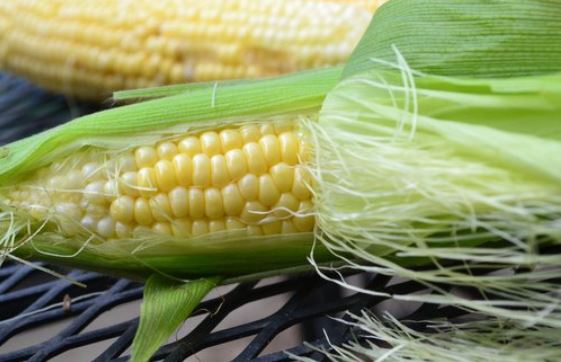
Do you often throw away the string of silky fibres from the end of the corn before you eat it? You will not do so after reading this article.
When you take off the greenish cover surrounding the corn cob, there is a layer of silky strings. These silky strings are called corn silk.
Corn silk (stigma maydis) is long, silky, thin threads which grow underneath the husk of the corn. This corn silk contains proteins, carbohydrates, calcium, potassium, magnesium, sodium, salts, volatile oils, alkaloids, tannins, saponins, flavonoids, stigmasterol and sitosterol.
Corn silk is used both in fresh and dried forms and has been used in traditional Chinese and Native American medicine to treat varieties of ailments. Here are some benefits of Corn silk you probably may not know about:
1. Lowers inflammation
Chronic inflammation is associated with various diseases, including heart disease and diabetes. Corn silk extract has been shown to reduce inflammation by stopping the activity of major inflammatory compounds. It also contains magnesium, an essential mineral that regulates the body’s inflammatory response.
2. Reduces blood sugar
Corn silk may reduce blood sugar levels and help manage the symptoms of diabetes. An animal study showed that corn silk significantly reduced blood sugar levels which indicates that corn silk has potent anti-diabetic activities
3. Prevents oxidative damage
The antioxidants in corn silk can help prevent free radical damage and oxidative stress. Oxidative stress is responsible for causing a number of chronic diseases, including cancer, heart disease and diabetes.
4. Improves heart health
The presence of flavonoids in corn silk has been shown to lower low-density lipoprotein cholesterol (LDL-C), triglyceride and total cholesterol levels. High cholesterol has been shown to increase the risk of atherosclerosis.
5. Lowers depression
Corn silk possesses anti-depressant activity and studies have shown that corn silk exhibited anti-depressant activity towards streptozotocin-induced diabetic rats.
6. Decreases fatigue
Fatigue makes you feel tired and you can lose motivation and energy to carry on your work. The flavonoids in corn silk exhibit anti-fatigue activity that has been shown to decrease fatigue and make you feel less tired.
7. Reduces high blood pressure
Corn silk acts as a diuretic that can help treat high blood pressure by removing the excess fluid out of the body. Consumption of corn silk tea can significantly reduce blood pressure.
How to make corn silk tea
- Boil a cup of water in a pan and add a handful of fresh corn silk into it.
- Boil it for a few minutes and let it steep.
- As the water turns brownish in colour, strain the tea.
- Add a dash of lemon juice to enhance the taste and flavour.
Dosage of corn silk
Corn silk is not toxic and is considered safe for consumption. The daily recommended dosage of corn silk is approximately 9.354 and 10.308 g per kg of body weight for males and females respectively.

